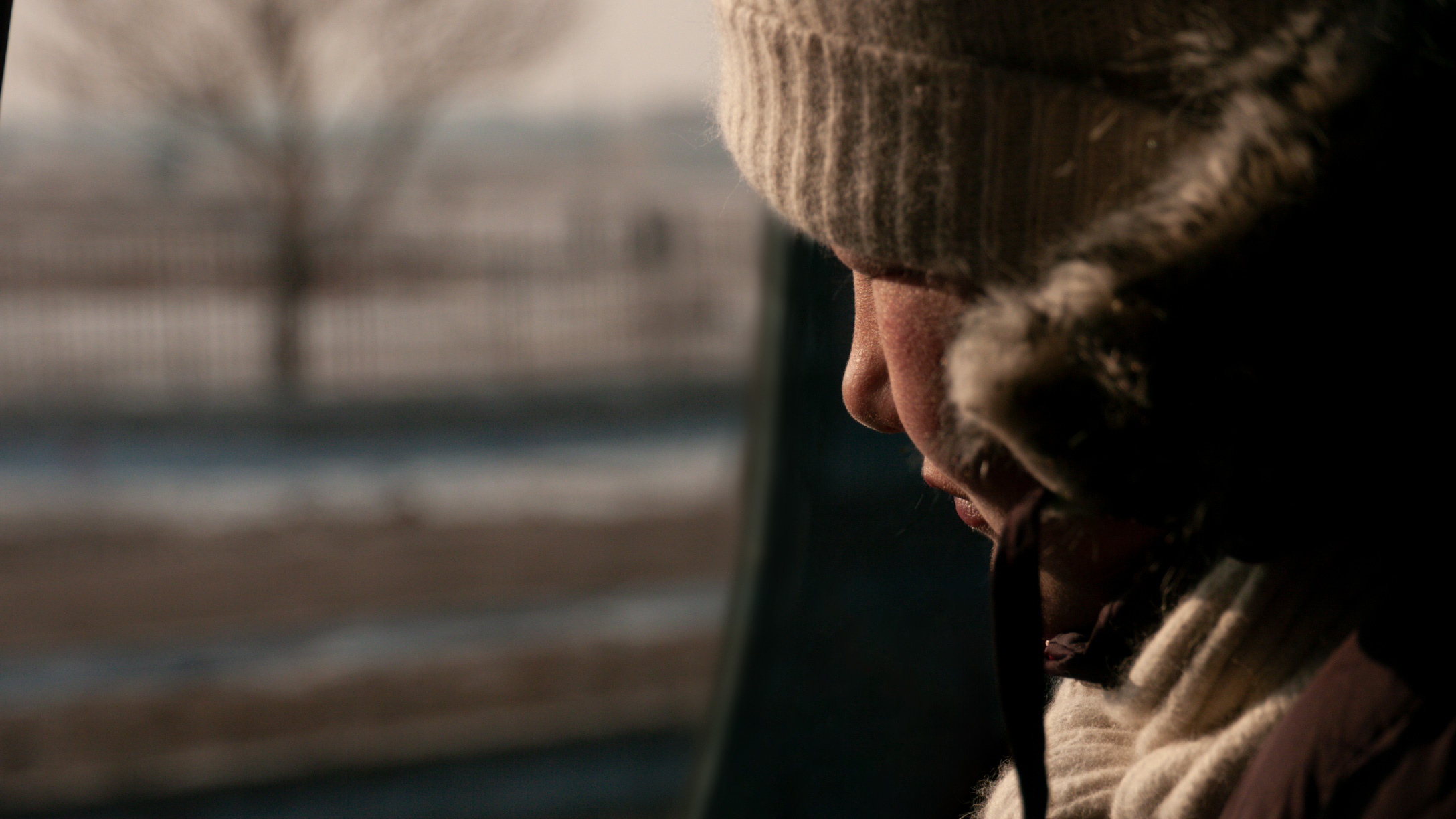Being a mother is a tough, yet rewarding job. The tough decisions in motherhood begin long before the moment of birth arrives. Mothers are faced with decisions about maternal care and frankly it can be a jungle out there! If you’ve followed any of the trending motherhood stories online, you will see the myriad of ways mothers are put under pressure for everything from their post-baby bodies, to how they choose to raise their children and beyond.
When you strip all of that away, what really matters is a mother giving their child the best future possible by ensuring they too have the best care for themselves during the birthing process. With so much medical advancement available, you’d think maternal care would be a no-brainer, especially in a country like the US which has some of the best surgeons and hospitals in the world.
Unfortunately it’s not always the case, which is why many mothers choose to go with a midwife and have a home or water birth to avoid the seemingly clinical and sometimes unfriendly environment of a hospital. Is one birthing method better than the other? Are midwives more caring than doctors and nurses? Or do doctors and nurses have the best type of care available because they have access to all the right medication in a hospital?
What if there was a way to combine the best of both worlds? Here’s some good news – there is a movement happening across America where teams of midwives are working together with doctors and nurses in hospitals to give mothers a more comprehensive birth experience and care.
From executive producers Ricki Lake and Abby Epstein (‘The Business Of Being Born’) comes a ground-breaking documentary from filmmaker Brigid Maher who puts the microscope on this movement and weaves her own experience into what we see.
‘The Mama Sherpas’ came about after she had literally given birth in a hospital where she was taken care of by a midwife along with regular doctors. The information she learned about cesarean section surgeries and how doctors aren’t helping mothers in the best way possible forced her to realize that ever pregnant mother needs to know what she now knows. For instance, we learned that having a breach baby (when the baby has turned inside the womb and the feet at at the opening of the cervix instead of the head) should not automatically mean a mother has to have a C-section.
The rate of C-section surgeries being done in the US today sits at 30% which is dangerously high according to World Health Organization standards.
We talked exclusively with director Brigid Maher about this revolutionary movement for mothers and what she hopes audiences will learn from ‘The Mama Sherpas’.
=============================================
How did the idea for The Mama Sherpas come about?
My first child was born via cesarean section. When I became pregnant with my daughter, I knew I wanted to avoid another cesarean and my friends encouraged me to check out a midwife who worked at a local hospital. As I shared with friends and family that I was seeing a midwife, people were astonished that I was considering a home birth. I had to explain again and again that I was seeing midwives within a clinical setting and that I was going to give birth in a hospital.
At that point the germ of an idea formed that there needed to be a documentary about hospital midwives but I wasn’t quite sure I was the one to tell it. Then, shortly after giving birth to my 9 pound, 10 ounce daughter, I blurted out to my midwife that I had to make a documentary about midwives working in the hospital system.
The notion of midwives working together with doctors in hospitals seems like the most winning combo when it comes to birthing, how has this not been commonplace before?
It’s a bit of a hidden jewel. Over 95% of all midwives work collaboratively with physicians in hospitals. But, midwives are still not embraced widely within the hospital system. I hope that The Mama Sherpas will help the public to realize the importance of the role of a midwife in the hospital and how they can improve the care women receive in the hospital system. When women ask and demand to see midwives, hospitals will hire more midwives.
In the greater discussion around the choices mothers make, there is an element of shame. Bottle feed or breastfeed, home birth or hospital birth, home school or public school. How did you set out to balance the valuable information shown with not wanting mothers to feel ashamed of the choices they make?
After having my first child, I always got a lump in my throat when noting that my son was born via cesarean birth. Whether rational or irrational, I felt a sense of failure, that my body couldn’t do what it was designed to do. As I began to share my guilt with other parents, I recognized that I was not alone in how I felt. It was the experience of having a vaginal birth after cesarean that inspired me to make this film.
As a filmmaker, I feel it’s important to show the diversity of stories within a film. The Mama Sherpas depicts midwives practicing in a variety of hospital settings featuring seven different births, from a water birth to a cesarean section. We gain an understanding of why each birth happens, it’s non judgmental, it’s informed and it’s real.
There is some really important info that all mothers should hear in this documentary, what do you hope they will take away from watching this?
Birth is not to be feared. Be informed, be empowered and work with a midwife. And, if a midwife isn’t available, find a physician who supports mother and baby friendly practices.
How do you hope health professionals will benefit from watching your documentary?
I hope that it will dispel some of the myths about midwives and inspire more hospital systems to embrace collaborative care among midwives and doctors. This is an evidence-based practice that results in better outcomes for mothers and babies, and reduces c-sections and unnecessary interventions. My goal for this film was to document models of care that are working and could serve as models for other practices. None of the systems in the film are perfect, but they have embraced a model of care that puts women’s well-being at the center.
One of the common reasons women get cesareans is because of a breech birth. In one vivid scene we see a woman giving birth to a breech baby, with the help of a team of midwives and doctors. How do you hope this visual will help both mothers and doctors become better informed about birthing choices?
The biggest misconception about breech birth is that it is dangerous and will always require a c-section. What I discovered is that it’s often considered dangerous because there is a shortage of providers who are trained in vaginal delivery of breech babies. Not all breech positions can be safely delivered, however an experienced physician or midwife trained in vaginal breech birth can make an informed recommendation to the mother and her family. I hope that this film will inspire obstetricians and midwives to seek the necessary training and that more options will become available for mothers with breech babies.
We live in an era where there is so much information available to us, yet there is still so much hidden. Do you think documentaries like yours will help change perceptions about important topics?
Absolutely! My goal with this documentary is to continue to spark a feminist birth movement around informed birth choices. The more images and documentaries we see on this subject matter, the further the American public will come to embrace birth as natural and normal part of life and not a fearful or taboo subject.
Why did you choose to include some of your own personal story in the documentary?
I much prefer to be behind the camera, however having had an unnecessary c-section, I felt it was important to share my own experience as well as the women featured in the film. Additionally, it was critical to share my happy ending which was the amazing experience of receiving optimal care from a midwife in a hospital.
Finally, what makes you a powerful woman?
I embrace the notion of failure as an embedded part of any creative process and not as an end result. I am a relentlessly determined humanist who will never feel satisfied that I’ve done enough to help the world be the best reflection of our humanity.
==========================================
The Mama Sherpas is available on iTunes, VOD and DVD on July 21. For more information please visit www.themamasherpas.com.






















One thought on “Midwives Vs Doctors – ‘The Mama Sherpas’ Docu Puts This Debate To Rest Once & For All”